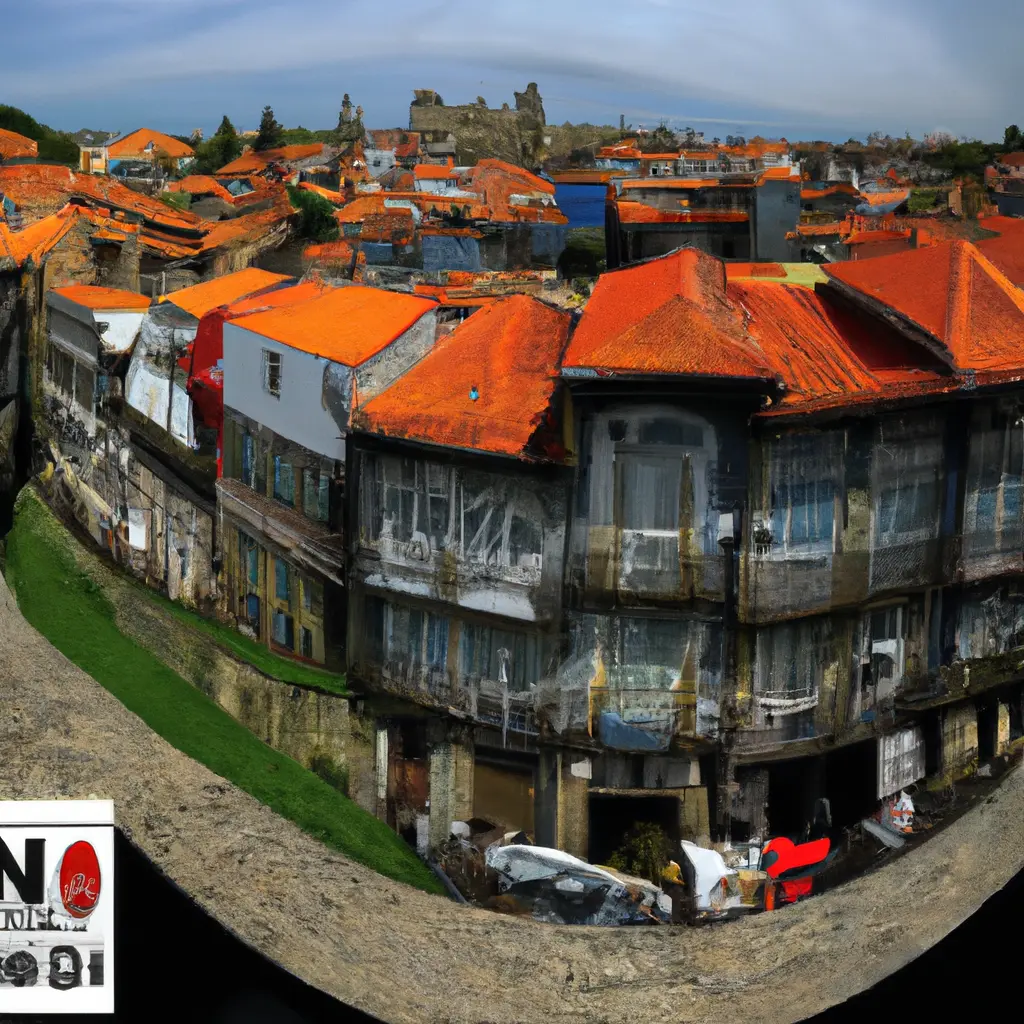Fewer homes for sale in Portugal: why aren't more being built?


Portugal has not had so few homes available to buy in the last 15 years, with only around 47,200 affordable dwellings by the end of 2022. However, demand for real estate remains strong.
The first hurdle: licensing.
It can take several years from the decision to build a property to the completion of construction. Bureaucracy complicates the process and discourages real estate developers from investing. "The licensing process is slow and can be an Achilles' heel in promoting real estate," says Bento Ayres, president of the Chamber of Engineers - Northern Region (OERN). That is why he suggests: "There is a need to simplify the processes or start developing preliminary''licensing studies to incentivize private individuals'." While projects wander around the offices of local governments, opportunities for investment can be seriously undermined. Just look at the example of the last year, when war and inflation drove up the price of building materials. "The market works in long-term cycles. It can take a long time from the moment it becomes clear that demand exceeds supply to the start of construction. The biggest obstacle to activity is bureaucracy and licensing," emphasizes Ricardo Guimaraes, director of Confidencial Imobiliário. And even the State, acting in its own interest, bears the blame, concludes civil engineer Carlos Mineiro Aires: "In the residential buildings that the population builds, all''is done through government contracts. There is a bureaucratic web and litigation. The process of awarding a contract can take a year if it is challenged by one of the bidders. "
The second hurdle: profit margins.
Many property projects that have emerged in recent years have focused on the upper-end or luxury segment. And there's a reason for that: profit margins are more attractive to real estate developers. "If they are private investors, they don't invest in the middle segment because the profit margin is small," summarizes Carlos Mineiro Ayres. But even in projects aimed at the middle class, demand is very high. "Those that appear on the market quickly find a buyer.
The third obstacle: the context of uncertainty.
In the real estate sector, there are several factors that contribute to uncertainty. Labor shortages, combined with rising prices and shortages of building materials, make construction costs higher. "There have been many cycles of shocks and stresses that investors are facing and that are causing apprehension. Real estate promotion is a risky activity", insists Ricardo Guimaraes. But there is another factor that plays a decisive role: with interest rates rising, more''strict bank financing rules and loss of purchasing power, families are finding it increasingly difficult to buy homes. 'Today it is not a fact that the middle class will be able to get financing and buy a home at current prices,' emphasizes Bento Ayres. There is another aspect to this situation: those who have a home and were considering selling it are thinking twice, which also reduces supply. "It is expected that owners who expected to sell their properties during this period will refuse to do so. Because, at the same time, income and property value growth is one of the few safe ways to fight inflation," adds Ricardo Guimaraes.
The fourth obstacle: small buildings.
The principle of economies of scale states that the larger the production,'''the lower the average price. And in real estate construction this can also exist. In Portugal, most buildings have a small number of floors and apartments per floor. This makes the investment less attractive. Ricardo Guimaraes of Confidencial Imobiliário reminds us that 'in Portugal we don't have a culture of building in height' and that 'building density contributes to lower construction costs'. That is, larger buildings could provide more affordable housing. "Density should be increased with caution, but it is definitely one way to address the need for more affordable buildings," he concludes.
Comment
Popular Posts
Popular Offers




Subscribe to the newsletter from Hatamatata.com!
Subscribe to the newsletter from Hatamatata.com!
I agree to the processing of personal data and confidentiality rules of Hatamatata











